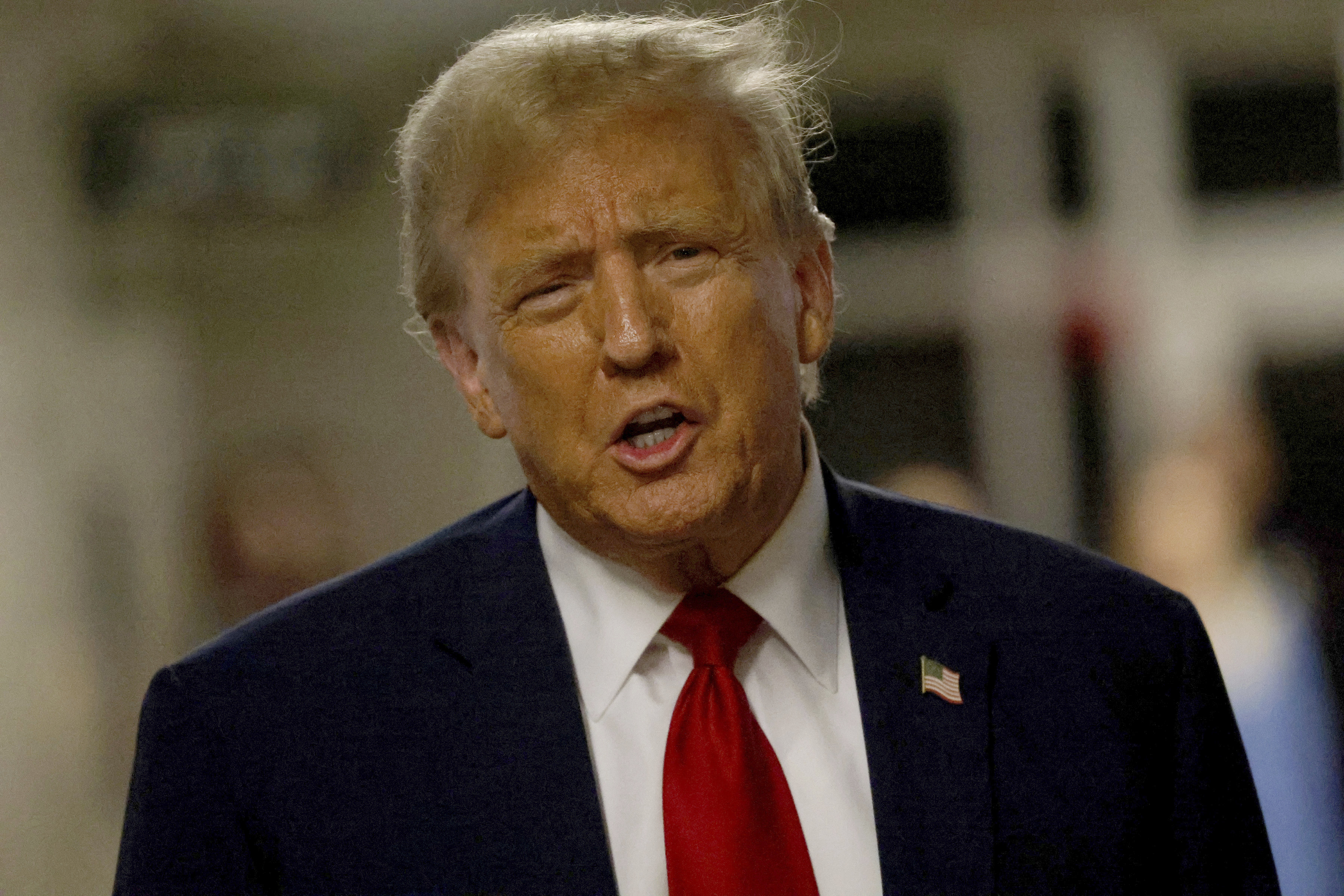Jack Ciattarelli, the small business founder and former Assembly member, won New Jersey’s Republican primary for governor Tuesday, defeating rivals who claimed former President Donald Trump’s mantle.
Ciattarelli will go on to face Democratic incumbent Gov. Phil Murphy in November’s election. Murphy won an uncontested primary and warned Tuesday night that “truth” itself is on the ballot in the fall.
Ciattarelli defeated three challengers, two of whom promoted themselves as vocal Trump supporters. They were Hirsh Singh, an engineer from Atlantic County and Hudson County pastor and former real estate developer Phil Rizzo. Both men invoked the president as part of their efforts to win over the GOP vote in Democratic-leaning New Jersey.
Get Philly local news, weather forecasts, sports and entertainment stories to your inbox. Sign up for NBC Philadelphia newsletters.
But Ciattarelli won on the strength of his support among many in the party establishment, who delivered him coveted ballot position across the state. He’s also cultivated a following since four years ago when he lost the GOP nomination to then Lt. Gov. Kim Guadagno. Ciattarelli signaled his plans to take on Murphy early — almost as soon as Murphy took office in 2018.
Despite attacks from Rizzo and Singh, Ciattarelli refuted that he didn’t support Trump, even buying 3,000 Trump-Pence lawn signs.
Responding to critiques that he was a “never-Trumper,” Ciattarelli said he changed his mind since criticizing Trump early on.
Politics
“A whole lot of us said a whole lot of things,” he said during an interview with Harry Hurley on WPMG. “He earned my faith and confidence in the sense that his policies worked for the nation.”
Ciattarelli focused much of his primary race on attacking Murphy over his handling of the coronavirus outbreak and on bread-and-butter Republican issues like high property taxes. He also was the biggest GOP fundraiser, bringing in about $7 million and qualifying for public matching funds. Only Murphy raised more money than Ciattarelli.
Ciattarelli served in the Assembly, representing the 16th District, getting elected in 2011 and serving until 2018. He started a medical publishing company and is also trained as a certified public accountant.
Murphy, a former executive at Goldman Sachs and an ambassador to Germany in Barack Obama’s administration, won his first ever election in 2017 becoming New Jersey’s 56th governor.
“I think the contrast in this general election will be as stark as there has ever been," Murphy said Tuesday night.
Murphy on Tuesday didn’t mention his predecessor, two-term Republican Chris Christie, but did cast the general election as a choice between Murphy’s policies, like phasing in a $15-an-hour minimum wage and raising taxes on millionaires, and Christie’s, who tightened the state budget, sought public pension reforms and opposed raising the minimum wage and higher taxes.
“We can either keep New Jersey moving forward or go backward. It’s a choice between standing for higher wages or going back to an economy that only worked for the wealthy and well-connected,” Murphy said in a statement.



